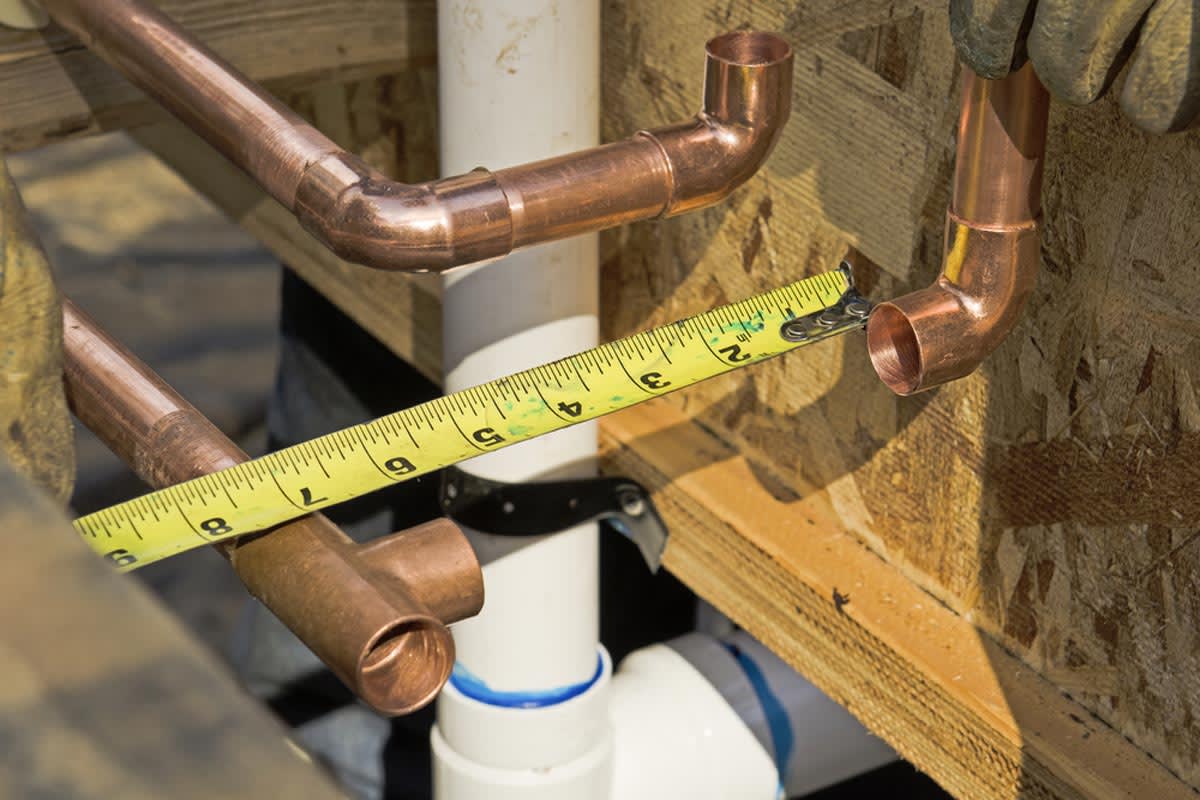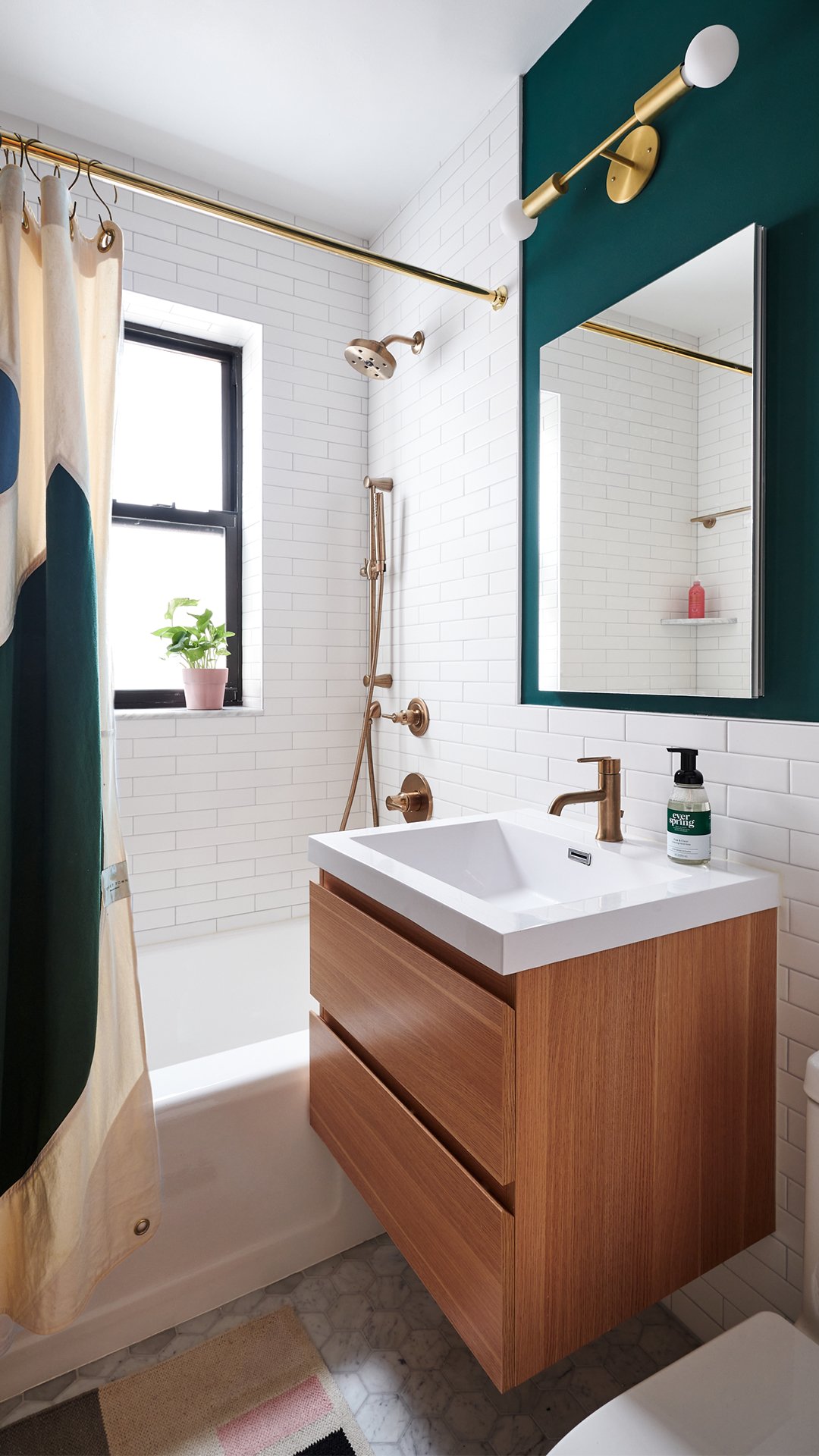Beginner's Guide to Bathroom Plumbing: Top Advice
Beginner's Guide to Bathroom Plumbing: Top Advice
Blog Article
Presented here underneath you can discover additional professional guidance on the subject of Plumbing Tips for New Homeowners.

For brand-new homeowners, understanding and preserving restroom pipes can conserve both time and money by preventing expensive issues down the line. Below are some vital restroom plumbing ideas to help you maintain everything running smoothly.
Acquaint Yourself with the Main Shut-Off Shutoff
Understanding where the primary water shut-off shutoff is located in your home is important. This allows you to rapidly shut off the supply of water in case of significant leaks or during plumbing emergencies, preventing considerable water damage.
Consistently Evaluate for Leakages
Small leakages can result in big issues. Consistently check under sinks, around toilets, and near plumbing fixtures for any type of indicators of leakages. Seek dampness, small drips, or rust. Capturing and fixing leaks early can prevent more serious damage and save water.
Do Not Ignore Slow Drains Pipes
If your sink or bathtub is draining gradually, it's typically a sign of a blockage creating. Addressing this early can protect against a full blockage. Make use of a plunger or a plumbing's snake to clear out particles. Stay clear of using chemical drain cleansers as they can damage your pipes over time.
Know What Not to Flush
Bathrooms are not garbage disposals. Avoid purging anything other than toilet paper and human waste. Items like wipes, womanly health products, and cotton swabs must be thrown away in the trash to avoid clogs and sewage system backups.
Set Up Strainers in Drains
Location strainers in your sink and tub drains to catch hair and other debris prior to they enter your plumbing system. Cleansing the strainers frequently will assist stop buildup and maintain water streaming openly.
Keep Your Hot Water Heater
Guarantee your water heater is readied to an ideal temperature (typically about 120 degrees Fahrenheit) to avoid scalding and reduce energy usage. Flush the tank yearly to eliminate debris buildup, which can reduce the performance and life-span of your heating unit.
Update Your Components
If your home has older fixtures, consider upgrading to much more effective designs. Modern commodes, showerheads, and taps are created to make use of much less water while providing great stress, which can dramatically reduce your water expense and environmental footprint.
Be Cautious with DIY Plumbing Fixes
While it's alluring to manage all home repairs by yourself, beware with pipes. Some problems might need expert knowledge, specifically if they entail main water lines or sewer repair services. Working with a specialist can sometimes be extra affordable than do it yourself, specifically if it prevents more damages.
Get Ready For Winter
Protect your pipelines from cold during cold weather by insulating pipelines in unheated locations like basements, attic rooms, and garages. During extreme cold, let cold water drip from faucets served by revealed pipelines to aid prevent freezing.
Schedule Regular Maintenance
Think about organizing annual assessments with a certified plumber. They can identify issues that you could miss, such as hidden leakages or wear and tear on pipes and fixtures. Regular upkeep assists prolong the life of your pipes system and can prevent emergencies.
Final thought
Recognizing and preserving your home's shower room pipes can prevent lots of common issues. By adhering to these important tips, you can ensure your restroom stays functional and effective, conserving you money and time in the long run.
Essential Plumbing Tips for Homeowners: Keep Your Pipes Flowing Smoothly
As a homeowner, understanding the basics of your plumbing system can save you time, money, and a lot of headaches. Plumbing issues can range from minor annoyances like dripping faucets to major problems like burst pipes that cause significant damage. This guide provides essential tips to help you maintain your plumbing system and tackle common issues.
Understanding Your Plumbing System
Supply System: Brings fresh water into your home from a municipal source or a well. Drain-Waste-Vent System: Removes wastewater and vents sewer gases outside. Fixtures and Appliances: Includes sinks, toilets, showers, dishwashers, and washing machines. Basic Maintenance Tips
Regular Inspections: Periodically check for leaks, corrosion, and other signs of wear and tear. Look under sinks, around toilets, and near water heaters. Know Your Main Shut-Off Valve: In case of a major leak, you’ll need to shut off the water quickly. Ensure everyone in your household knows where the main shut-off valve is located. Prevent Frozen Pipes: In cold climates, insulate exposed pipes and let faucets drip during extreme cold to prevent freezing. Use Strainers: Install strainers in sinks and tubs to catch hair, food particles, and other debris that can cause clogs. Common Plumbing Issues and Solutions
Clogged Drains:
Prevention: Avoid pouring grease down the drain and use drain screens to catch debris. DIY Fix: Use a plunger or a plumbing snake to clear minor clogs. For stubborn clogs, a mixture of baking soda and vinegar can sometimes help. Leaky Faucets:
Prevention: Replace washers and seals regularly. DIY Fix: Turn off the water supply, disassemble the faucet, and replace worn parts.

Call Today Report this page